Empowering disabled children and young people
Empowering disabled young people to speak up means that they will be more likely to raise their concerns.
What is empowerment?
Empowerment is about recognising and building on the strengths of disabled young people. It helps them become stronger, more confident, and have more control over their own lives. It also teaches them about their human rights, so they know how to stand up for themselves when needed.
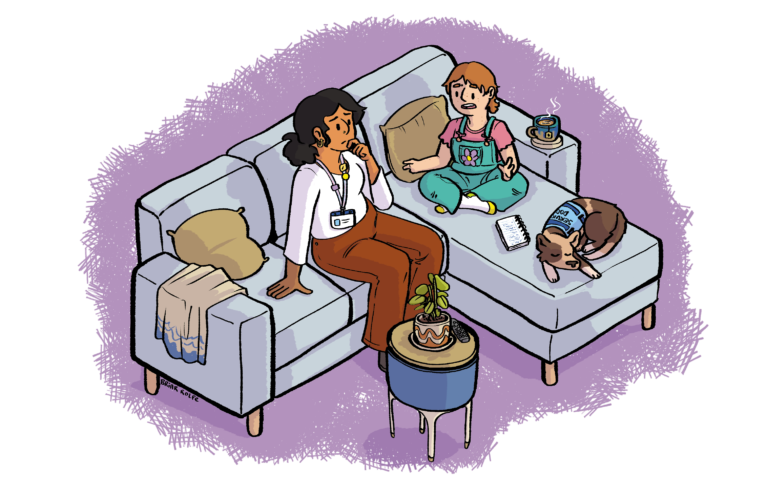
Why is it important for disabled young people to feel empowered to make complaints?
A culture of empowerment needs commitment from everyone in the business.
It is an environment where disabled young people feel valued and trusted to make decisions about things that affect them.
Disabled young people should be meaningfully included, treated respectfully, and have their perspectives and opinions valued.
Your organisation should also encourage and support disabled young people to develop peer networks, friendships and trusted adult relationships.
These relationships give disabled young people the support and community that is needed for disabled young people to self-advocate.
“To be empowered means having the confidence, knowledge, ability, or resources to do things you want to do. It allows your world to open up and gives you the internal belief to self-advocate in your communities more and more as you find your voice and learn how to share your story. Becoming empowered is an ongoing process and a challenging task, especially when you face external obstacles.”
– Ezra, a disabled young person.
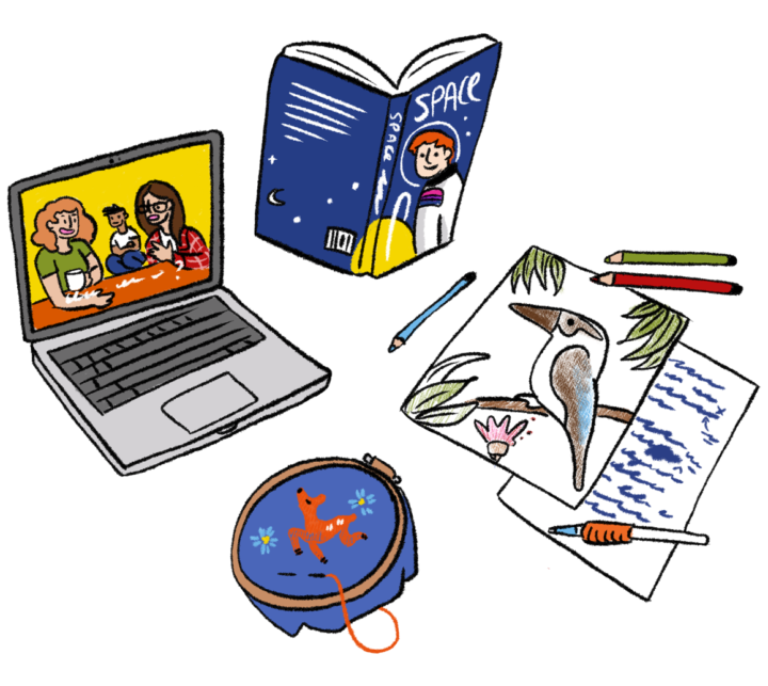
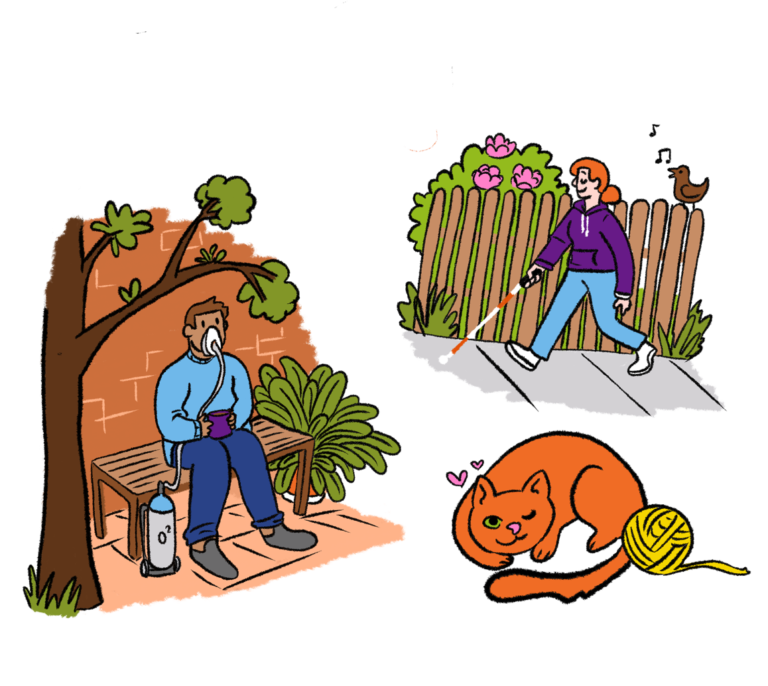
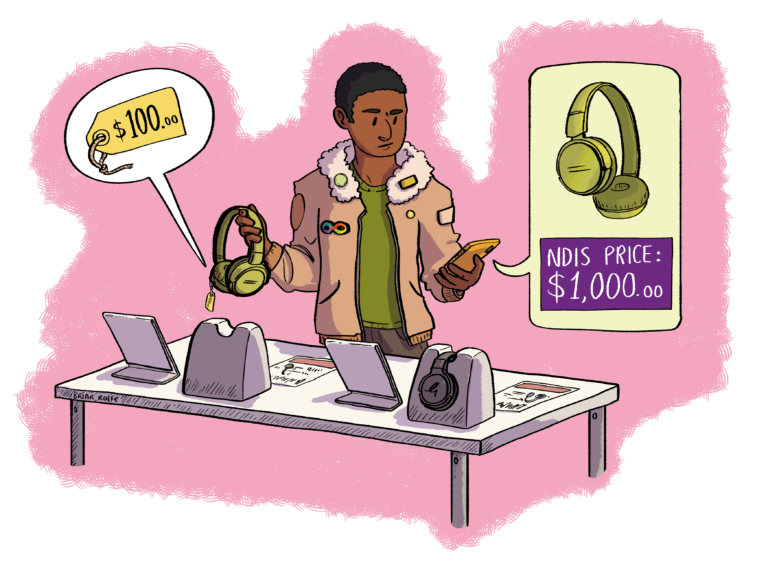
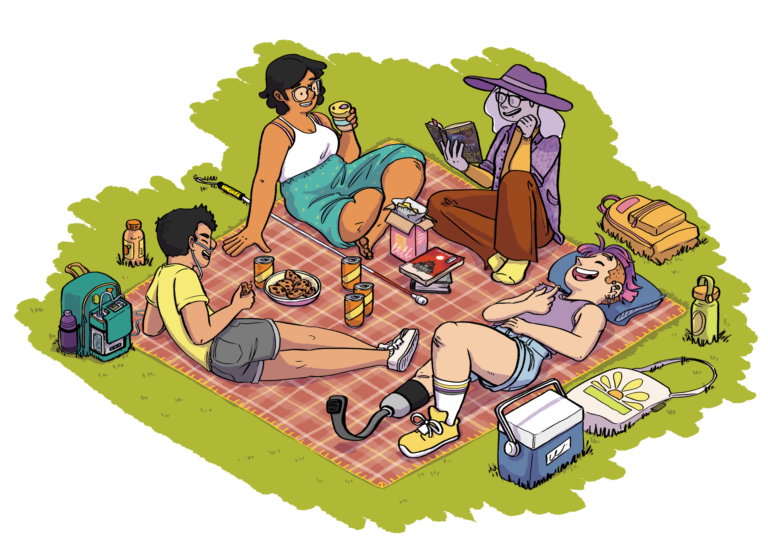
Ezra’s Story
You can read Ezra’s blog about becoming empowered at the Children and Young People with Disability Australia website.
Ezra's storyAssumptions
In many cases assumptions that are made about disabled young people disempower them. Often, people make assumptions that disabled people, especially disabled young people, have less capacity than their non-disabled peers. Because of this, disabled young people miss out on experiences and chances to build their skills.
On the other hand, assuming that a disabled young person has the capacity to make decisions is a great way to empower them. It can help establish trust an respect that goes both ways, and encourages them to develop skills like decision making, risk assessment and self-advocacy – all which are necessary to fully realising their rights.
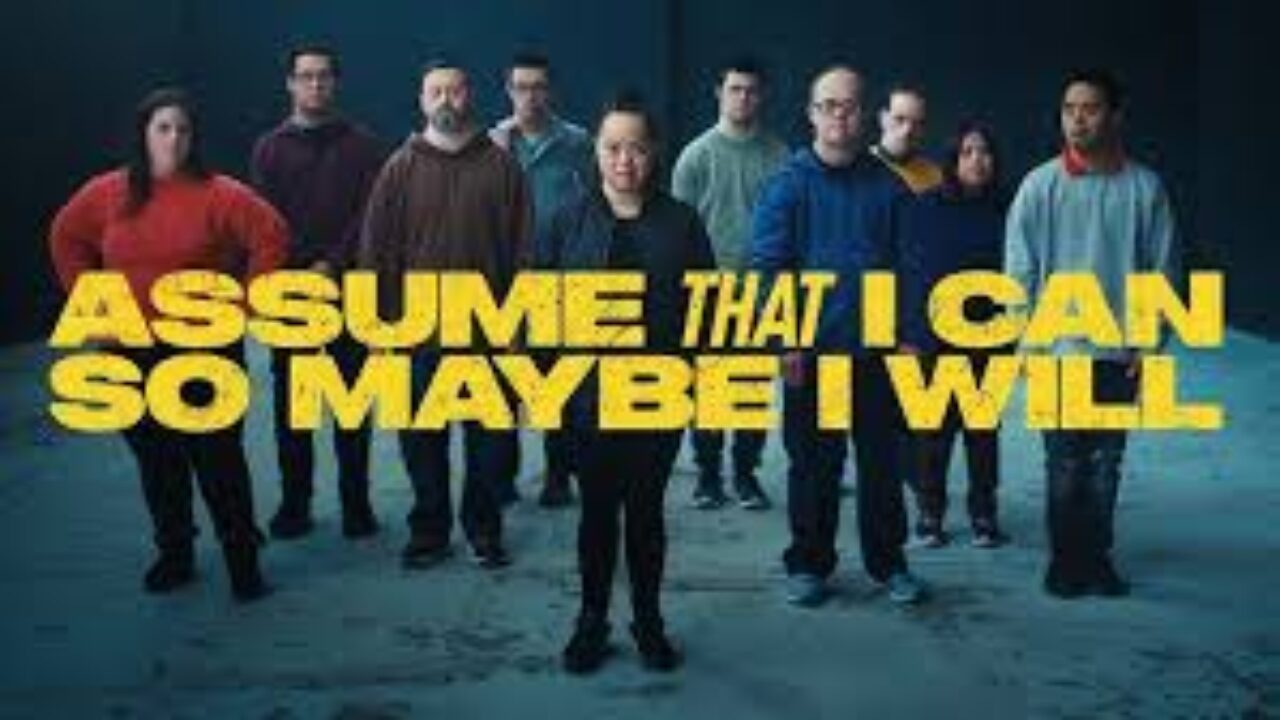
Assume that I can
Check out this video by CoorDown about the assumptions made about disabled people, how it can affect them, and the power of positive assumptions.
Developing a culture of empowerment involves strong policies and processes.
It also involves making sure that everyone understands the rights of disabled young people and can support disabled young people to feel disability pride. You will learn more about disability pride in the next section.